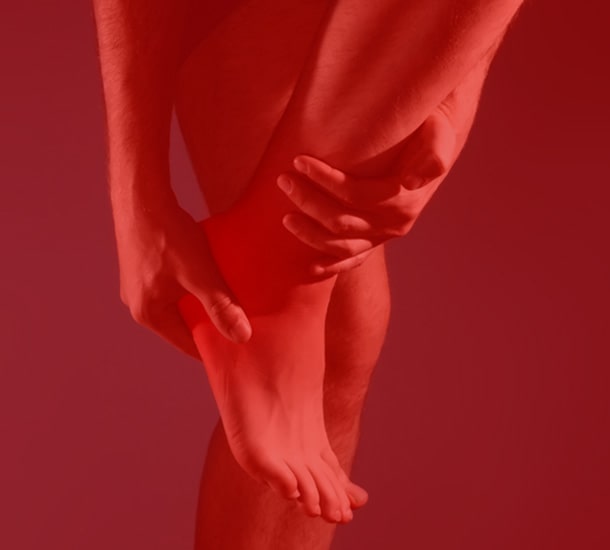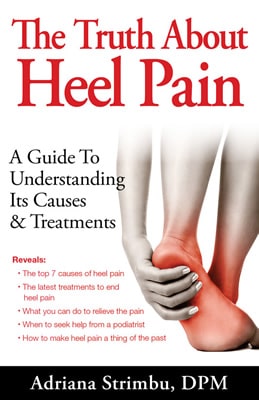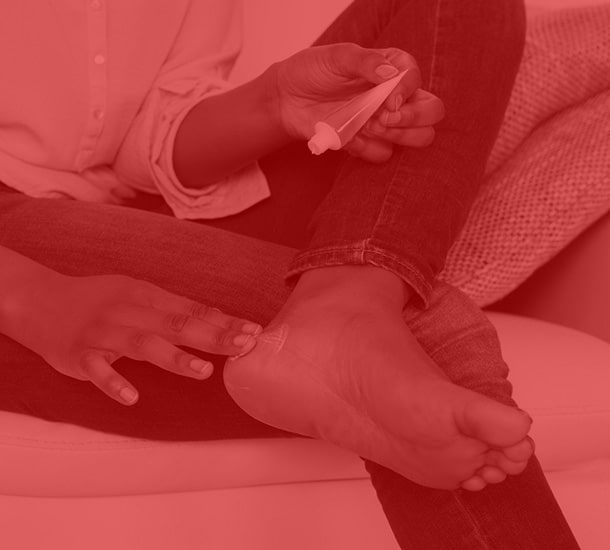Making an appointment is easy, either call us at 954-455-9404 or request your appointment online by clicking here.
Our hours of operation are as follows:
Monday: 09:00 AM - 02:00 PM
Tuesday: 09:00 AM - 05:00 PM
Wednesday: 09:00 AM - 02:00 PM
Thursday: 09:00 AM - 05:00 PM
Friday: Closed
Please see our website office page for the accepted insurances.
Please bring the following;
- Your picture ID
- Your insurance card
- Your list of medication and medical history
- Copy of x-rays, MRI, CT scans that you might have already taken
- Name of your primary doctor, so we can send them an update on your health
- Be ready to pay your copay and deductible at the time of the visit
in most cases, if you have appointment we can see you right away within 10-15 min, however if you don't have appointment, we can still fit you in but we give priority to our patients with appointments.
Do you require an appointment?
While we can still see you even if you don't have an appointment, we recommend that you call and make one or go online and request one since you will be waiting in our office for all the patients with appointments. We do recommend appointments.
We accept cash, checks and all major credit cards. Minium payment with the credit card is $10
No, we no longer do house calls.
Yes, we do, 1 year or older.
Most of our patients are diabetics, have poor circulation, have neuropathy (feet are numb, burning).We also have lot of patients with toenail fungus and skin disorders as well as injuries, fractures, sprains, lacerations, sore,etc.
It is recommened that a patient who is a diabetic and is at risk, should be seen at least every 2 months by his podiatrist to avoid ulcerations and further complications. So once our doctor evaluates you, if you are at risk , we will be giving you and appointment with the doctor every 2 months.
A visit for a diabetic patient consists of exam and evaluation of their feet, checking to see what their vascular status is (check pulses), checking for neuropathy (are the feet numb, are they burning), nails and calluses are addressed and taken care of, evaluation for new problems, like ulcerations, etc.
Yes, we are DME suppliers for medicare. We dispense diabetic shoes here in our office. Also we can order shoes for you for some of the HMO insurances as well. Please call our office if you need to find out which HMOs we can order shoes for you.
Almost all the insurances cover one pair of diabetic shoes and 3 pairs of heat molded or custom insoles, however the patient has to be diabetic and considered at risk. Only the doctor can decide that, once you get evaluated. So the first step would be to come in our office, we will verify your insurance and the doctor will evaluate your feet.
Yes. You must have seen your primary doctor, endocrinologist or a doctor who is managing your diabetes within the last 6 months. If you have not, you need to see one first before you can qualify for the diabetic shoes.
Diabetic shoes are allowed one pair every calendar year as long as you meet the qualifications.
Yes. Even if you do not have an acute foot problem you need to see the podiatrist because diabetics are required to have at least once a year a foot exam and you will be needing a presciption for the shoes, and will have to be measured as well.
We dispense CAM walkers, Night splints, Foot and Ankle braces and supports, custom braces, orthotics, etc.
We have an online store, which you're welcome to browse thru.
We provide prefabricated medical grade orthotics and custom orthotics. We mold your feet here in the office and it usually takes about 2-3 weeks to obtain them.
We provide prefabricated medical grade orthotics and custom orthotics. We mold your feet here in the office and it usually takes about 2-3 weeks to obtain them.
No, we refer patients to a MRI facility for any MRI.
Yes, but only office based surgeries. She specialiazes in the nonsurgical treatments for the foot and ankle. She will do her best to help you walk painfree without any surgery.
Of course, our doctor sees and treats a lot of ingrowns and surgeries for ingrown toenais are done here in our office on daily basis.
If your answer is yes, then you could have what is called “Plantar Fasciitis” and/or Heel Spur Syndrome”
If so you might have sesamoiditis. The sesamoids are two small bones in your foot, about the size of a corn kernel, which when compared to most of the bones in the human body; they do not connect to another bone. They are connected to tendons and found in the area of the great toe. Since the sesamoids are connected to tendons, these tendons as well as the sesamoid bones can become inflammed resulting in "sesamoiditis".
Some of the causes for sesamoiditis are simply due to biomechanics of your feet. When there is a fault to the biomechanics of the foot, there will be more pressure to certain areas of the foot and thus the ball of your foot is a very common location. Your foot shape could attribute to sesamoiditis as well. For example, in patients with high arched feet, when they walk they will hit the floor with the ball of the feet and thus creating more microtrauma to the sesamoid bones.
Another reason for sesamoiditis could be found in persons that do not have enough fat to protect their feet or they just have bony feet. These persons have lost their protective fat pad from the ball of the foot and thus will experience more microtrauma to this area. Also an abrupt increase in your activity could cause sesamoiditis and could even create a fracture of the sesamoids.
Simply walking or any activity that would place your feet in constant pressure to the ball of your feet could aggravate this problem.
Pain to the ball of the foot is usually associated with any microtrauma to the forefoot. Most of the time it is very common in ballet dancing, running, jogging, playing tennis, even walking or any activity that would require placing pressure to the ball of the foot.
Sesamoiditis usually begins with a mild ache around ball of the foot usually benith the base of the big toe, which will intensify with activity and could become an intense throbbing. Also there may be swelling and/or bruising present around the area of the plantar big toe base.
The best way to prevent this is with custom made arch supports to prevent faulty biomechanics of your feet. It is also important to avoid abrupt increase in your activity level and avoid walking barefooted.





